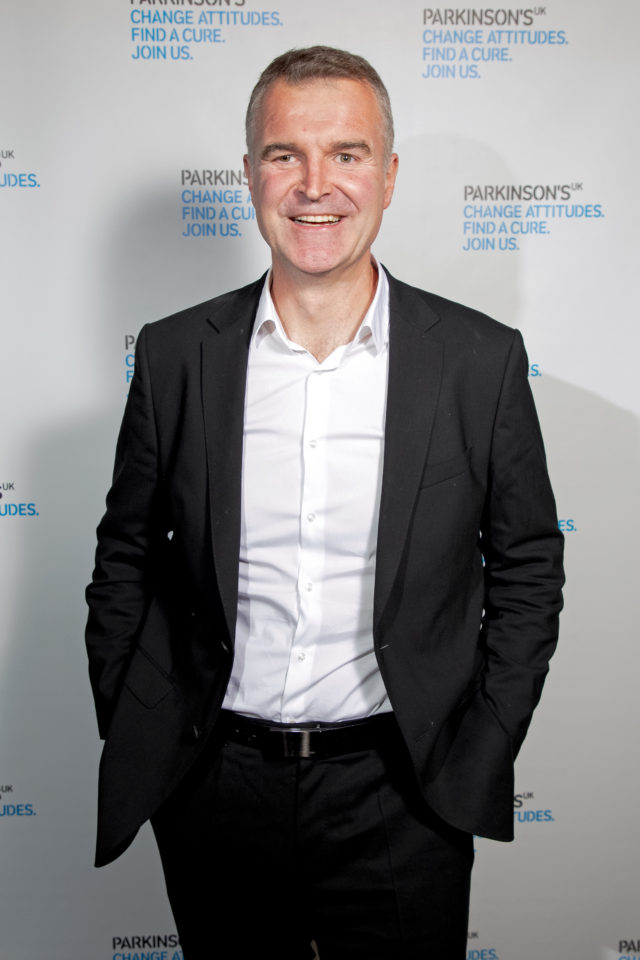One in five people with Parkinson’s disease has faced accusations of being drunk because of their symptoms, a survey has found.
Around 22% of people with the condition said others had believed they were under the influence of alcohol because of lack of balance or slurred speech, according to research by charity Parkinson’s UK.
Meanwhile, a quarter of respondents (24%) said their slow movement and speech had been misinterpreted as an intellectual disability and 10% said they had been laughed at.

More than half (57%) had cancelled plans or avoided social situations due to embarrassment about their symptoms, or fears about how people may react to them, the survey also found.
Parkinson’s disease is a degenerative neurological condition which can develop at any age, causing symptoms including involuntary shaking, slow movement and stiff or inflexible muscles.
An estimated 145,000 people were diagnosed with the condition in the UK in 2018.
Dave Clark, a Sky Sports presenter who was diagnosed with the condition in 2011, said: “I’ve been made fun of online because of the way Parkinson’s affects the muscles in my face.
“And when my medication isn’t working it affects how I walk, and as a result I’ve been accused of being drunk by random people on the street.
“It’s upsetting, and 99% of the time it comes from people’s ignorance about Parkinson’s rather than any real intention to hurt. But it does.”
Parkinson’s UK has launched a new campaign in a bid to address misconceptions about the condition and reduce the negative experiences of people with the condition.
Steve Ford, chief executive of the charity, said: “It’s heartbreaking that so many are cancelling or avoiding social situations due to embarrassment about their Parkinson’s symptoms, or fears about how people will react to them.
“We hope our new Parkinson’s Is campaign, which sees people across the UK share how the condition affects them, will help fight negative attitudes and correct misconceptions about this much misunderstood condition.”
More than 2,300 UK adults with Parkinson’s disease took part in the survey.
